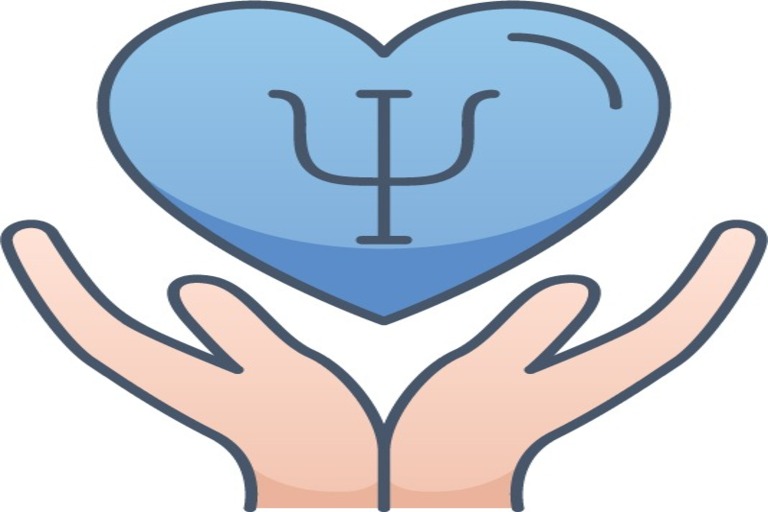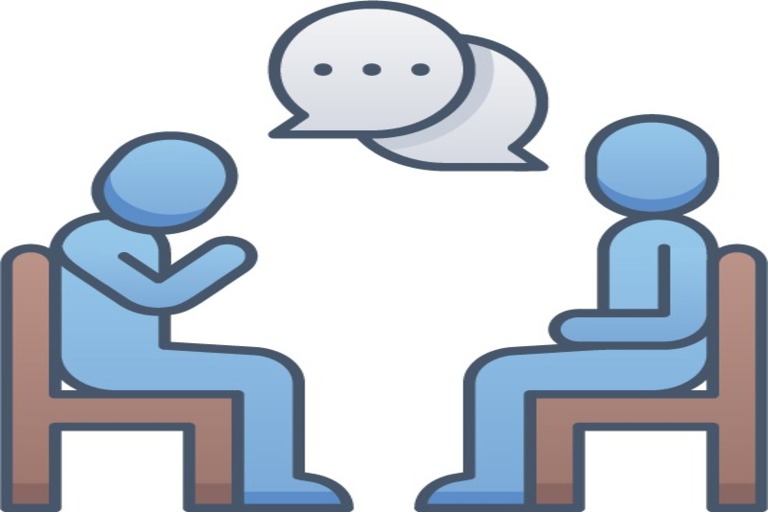Cognitive Behavioral Therapy (CBT)
Cognitive Behavioral Therapy (CBT) is a form of psychotherapy that is based on the idea that our thoughts, feelings, and behaviors are interconnected. CBT focuses on identifying and changing negative patterns of thinking and behavior that contribute to a person’s problems.
What is CBT?
Cognitive Behavioral Therapy (CBT) is a goal-oriented, structured therapy that is typically short-term. The therapist and person work collaboratively to set specific goals for treatment and track progress towards these goals over time. CBT is based on the premise that negative thoughts and beliefs can create emotional distress and lead to negative behaviors, and that by changing these thoughts and behaviors, a person can improve their emotional well-being.
CBT is based on several key principles. One of the main principles is that thoughts, feelings, and behaviors are interconnected. For example, a person with depression may have negative thoughts about themselves, the world, and the future. These thoughts can lead to feelings of sadness, hopelessness, and low self-esteem. In turn, these feelings can lead to negative behaviors, such as social isolation, lack of motivation, and decreased activity levels. CBT aims to break this negative cycle by identifying and changing negative thoughts, which can lead to improved feelings and behaviors.
Another key principle of Cognitive Behavioral Therapy (CBT) is that negative thoughts are often based on distortions or biases in thinking. For example, a person with social anxiety may overestimate the likelihood of negative outcomes in social situations and underestimate their ability to cope with them. By identifying and challenging these distortions in thinking, a person can develop a more balanced and realistic perspective, which can lead to improved emotional well-being.
How does CBT work?
Cognitive Behavioral Therapy (CBT) also emphasizes the importance of learning new coping skills and behavior patterns that are more adaptive and effective. For example, a person with anxiety may be taught relaxation techniques, such as deep breathing and progressive muscle relaxation, to help them manage their anxiety. They may also be encouraged to engage in behaviors that they have been avoiding, such as socializing with friends or taking on new challenges, in order to build their confidence and improve their emotional well-being.
Cognitive Behavioral Therapy (CBT) is a highly individualized therapy that is tailored to the person’s specific needs and circumstances. The therapist works with the person to identify their specific goals for treatment and develops a treatment plan that is customized to their needs. CBT may be delivered in individual or group settings, and may involve homework assignments, such as keeping a thought diary or practicing new coping skills.
What is CBT used for?
Cognitive Behavioral Therapy (CBT) has been shown to be effective for a wide range of mental health conditions, including anxiety disorders, depression, eating disorders, and post-traumatic stress disorder (PTSD). It is often used in conjunction with other forms of treatment, such as medication, and can be adapted to fit the needs of different populations, such as children and adolescents.
In summary, Cognitive Behavioral Therapy (CBT) is a structured and goal-oriented form of psychotherapy that is based on the idea that thoughts, feelings, and behaviors are interconnected. It aims to identify and change negative patterns of thinking and behavior, and to teach new coping skills and behavior patterns that are more adaptive and effective. CBT is highly individualized and tailored to the person’s specific needs and circumstances, and has been shown to be effective for a wide range of mental health conditions.
If you are struggling with a mental health or behavioural issue, behavioural therapy may be an effective treatment option to consider.
Shruti Dua, Mental Health Blogger, YOUR Confidant





